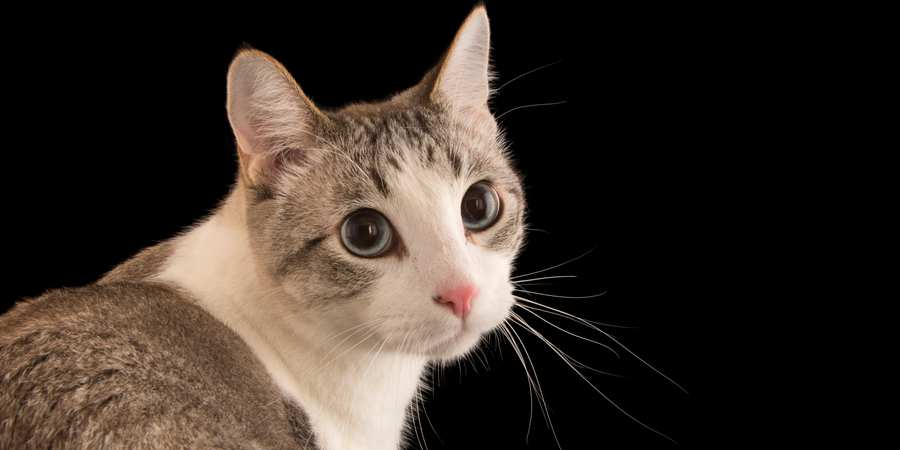There are several effective home remedies and practices to help treat a sick cat without needing a vet visit.
Understanding Common Cat Illnesses
Cats can experience a variety of health issues, ranging from minor ailments to more serious conditions. Understanding these common illnesses is crucial for any cat owner. Some common symptoms that indicate a cat may be unwell include lethargy, loss of appetite, vomiting, diarrhea, and changes in behavior.
One prevalent issue is upper respiratory infections, which often present with sneezing, nasal discharge, and coughing. These infections can be caused by viruses or bacteria and can usually be managed at home unless they become severe. Another common ailment is gastrointestinal upset, which can result in vomiting or diarrhea. This may stem from dietary changes, stress, or even ingestion of foreign objects.
Recognizing the signs early can make a significant difference in treatment outcomes. Keeping an eye on your cat’s behavior and physical condition helps in identifying when something might be amiss.
Initial Steps for Home Treatment
When faced with a sick cat, the first step is to assess the situation thoroughly. It’s essential to take note of any symptoms your feline friend is displaying. Observing the duration and severity of these symptoms will guide your next steps.
Creating a comfortable environment is paramount. A quiet, warm space away from noise and other pets can help your sick cat feel more secure and relaxed. Ensure they have access to fresh water and encourage them to drink; hydration is vital for recovery. If your cat isn’t eating, try offering bland food such as boiled chicken or rice to stimulate their appetite.
Another critical aspect is monitoring their temperature. A normal cat’s temperature ranges between 100.5°F and 102.5°F (38°C – 39.2°C). If it falls outside this range, it may indicate an underlying issue that needs attention.
Common Home Remedies for Cats
There are several effective home remedies that can assist in treating minor ailments in cats without veterinary intervention:
1. Hydration Solutions
Dehydration can be a significant concern for sick cats. Offering an electrolyte solution designed for pets can help restore hydration levels quickly. Products like unflavored Pedialyte can also be beneficial if diluted with water.
2. Herbal Remedies
Certain herbs can provide relief from various symptoms:
- Chamomile: Known for its calming properties; it may help soothe an upset stomach.
- Ginger: Can assist with nausea and digestive issues.
- Peppermint: Useful for relieving gas and bloating.
Always consult with a veterinarian before introducing new herbs into your pet’s diet to ensure safety.
3. Warm Compresses
For cats experiencing muscle pain or discomfort, applying a warm compress can provide relief. Soak a clean cloth in warm water (not hot) and gently place it on the affected area for 10-15 minutes.
4. Steam Therapy
For cats suffering from respiratory issues, steam therapy can be beneficial. Running a hot shower to create steam while keeping the door closed allows your cat to breathe in moist air, which might relieve congestion.
Feeding Strategies During Illness
When treating a sick cat at home, adjusting their diet plays a crucial role in recovery. Cats have specific dietary needs based on their health status:
| Symptom | Recommended Food |
|---|---|
| Vomiting | Bland foods like boiled chicken |
| Diarrhea | Rice mixed with boiled chicken |
| Loss of appetite | Strong-smelling foods (tuna) |
| Dehydration | Electrolyte solutions |
Encouraging them to eat is essential but should be done gently; forcing food could lead to further stress or complications.
When To Seek Professional Help
While many minor ailments can be treated at home, some situations require immediate veterinary attention:
- Persistent vomiting or diarrhea lasting more than 24 hours.
- Signs of severe pain such as vocalization when touched.
- Difficulty breathing or persistent coughing.
- Sudden changes in behavior such as hiding or aggression.
- Any signs of blood in vomit or stool.
Being vigilant about these warning signs ensures that any serious conditions are addressed promptly.
Maintaining Overall Health Post-Recovery
Once your cat has recovered from their illness, maintaining their overall health becomes paramount. Regular check-ups are essential even if they seem fine post-recovery because some conditions may not present immediate symptoms but could lead to long-term health issues if left unchecked.
Feeding them high-quality food tailored to their age and health status supports their immune system and overall well-being. Regular playtime helps keep them physically fit while also providing mental stimulation.
Furthermore, ensuring they stay up-to-date on vaccinations protects against preventable diseases that could lead to illness down the line.
Conclusion – How To Treat A Sick Cat Without Going To The Vet?
Treating a sick cat without going to the vet involves understanding common illnesses, employing effective home remedies, adjusting feeding strategies, and knowing when professional help is necessary. By observing symptoms closely and creating a comfortable environment, many minor issues can be managed at home effectively.
It’s crucial always to prioritize safety; if there’s ever doubt regarding your pet’s health condition or treatment methods being used at home, consulting with a veterinarian ensures that your beloved feline receives the best care possible while minimizing unnecessary trips to the clinic whenever feasible.

